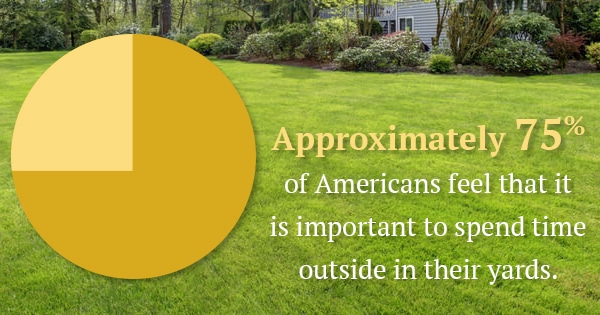Rock It Out: Creative Ways to Use Landscaping Rocks on Your Property
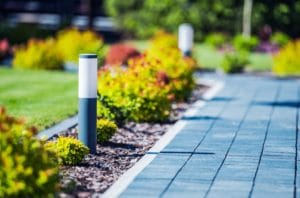
Ground Cover
One of the most popular uses for river rocks — which are more akin to gravel than to big boulders — is to utilize them as ground cover. While many gardeners will opt for grasses, mosses, or even low-lying shrubs for this job, you may want to consider using river rock for landscaping in this way instead. It’s a viable alternative to mulch; though rocks won’t moisturize the soil, they’re often more affordable and require far less maintenance. As a bonus, a one-inch layer of small rocks can provide good weed control, meaning you could reduce the amount of time you’ll have to spend pulling out dandelions and other unwanted species. Using river rocks in this way may appeal to homeowners who live in hotter and dryer climates, who want to minimize their yard work, or who want to focus on hardscaping features instead. Business owners may also benefit from using river rocks, pea gravel, or other options in their landscaping plans.
Visual Accents
Rocks can make for a neutral foundation, but they can also act as the star of the show. Accent boulders could be a welcome focal point in your garden or front yard, particularly when it’s of an unusual shape or color. They may even be slightly sculptural in feel, which can make your green space feel more akin to an outdoor gallery. Ideally, you’ll want to plant some flowers or greenery around the base of these larger rocks. As an alternative, you could place gravel or other small rocks underneath to make the boulder appear more natural.
Flowerbed Borders
Another one of the many uses for landscaping rocks is to define your garden in an attractive way. For example, rocks make for a beautiful and natural edging option for your flowerbeds. You can use flagstones, small boulders, or even river rocks to create a border around these areas of your garden. This results in a rather enchanting garden space that invites family and friends to stop and smell the roses (or other favorite blooms). But of course, edging your flower beds also serves a practical purpose: you’ll define the space and can more easily keep weeds out.
Charming Pathways
Keep in mind that the most beautiful landscaping rocks Seattle has to offer can also be used to form natural-looking pathways around your property. Pebbles, gravel, and even larger stones are often used for this purpose as an alternative to concrete or brick. These materials can instantly add a bit of vintage charm to your yard and boost your curb appeal. Plus, these walkways will welcome your guests and keep them safe, particularly if your other terrain is a bit uneven.
Of course, there are countless uses for landscaping rocks on your property. By utilizing natural stone, gravel, and river rocks in the ways outlined above, you’ll likely improve your property value and your overall satisfaction with the look of your home.

 Spring showers, summer storms, and dreary fall and winter rainfall can all wreak havoc on a yard. Too much moisture can accumulate in your grass or garden, creating a spongy mess. In some cases, poor lawn drainage can even damage your home’s structure through flooding.
Spring showers, summer storms, and dreary fall and winter rainfall can all wreak havoc on a yard. Too much moisture can accumulate in your grass or garden, creating a spongy mess. In some cases, poor lawn drainage can even damage your home’s structure through flooding. 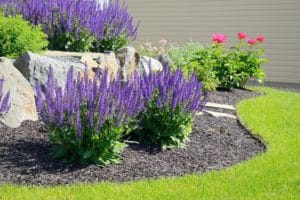 A beautiful landscape design involves many elements. Gardens, trees, pathways, and buildings require clever and artistic arrangement to create a cohesive and attractive outdoor space.
A beautiful landscape design involves many elements. Gardens, trees, pathways, and buildings require clever and artistic arrangement to create a cohesive and attractive outdoor space. 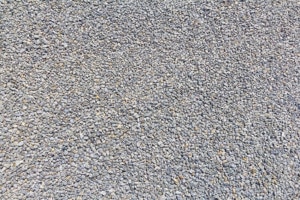 Unless you are a landscaping expert (or maybe if you work in a quarry), you probably did not realize there were so many different varieties of gravel until it came time to update or install a gravel driveway. Gravel driveways are relatively inexpensive and easy to install as a do it yourself project, and a carefully maintained gravel driveway that was properly installed can last up to ten years. People choosing which kind of gravel to install in their driveways will make their selection based on availability, cost, appearances, and drainage. Some popular choices for gravel include river rock and pea gravel, which we will discuss among others below.
Unless you are a landscaping expert (or maybe if you work in a quarry), you probably did not realize there were so many different varieties of gravel until it came time to update or install a gravel driveway. Gravel driveways are relatively inexpensive and easy to install as a do it yourself project, and a carefully maintained gravel driveway that was properly installed can last up to ten years. People choosing which kind of gravel to install in their driveways will make their selection based on availability, cost, appearances, and drainage. Some popular choices for gravel include river rock and pea gravel, which we will discuss among others below. 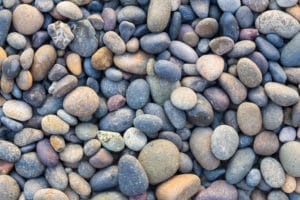 River rock is a type of washed gravel known for its smooth, rounded texture and versatility. River rocks come in a range of sizes, but are typically one to two inches in diameter. Creative landscapers choose to use river rock for landscaping because of its wide range of beautiful and practical applications, including:
River rock is a type of washed gravel known for its smooth, rounded texture and versatility. River rocks come in a range of sizes, but are typically one to two inches in diameter. Creative landscapers choose to use river rock for landscaping because of its wide range of beautiful and practical applications, including: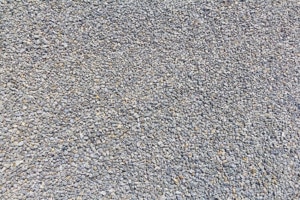 Certain landscaping projects can actually increase a home’s resale value by as much as 14%.
Certain landscaping projects can actually increase a home’s resale value by as much as 14%.  Landscaping projects, if done correctly, can actually increase your property’s resale value by as much as 14%. There are all kinds of cool ways you can improve your property; plant a garden, install a pool, add a new room or patio, etc. But only a few landscaping projects are actually kid-friendly.
Landscaping projects, if done correctly, can actually increase your property’s resale value by as much as 14%. There are all kinds of cool ways you can improve your property; plant a garden, install a pool, add a new room or patio, etc. But only a few landscaping projects are actually kid-friendly. 
